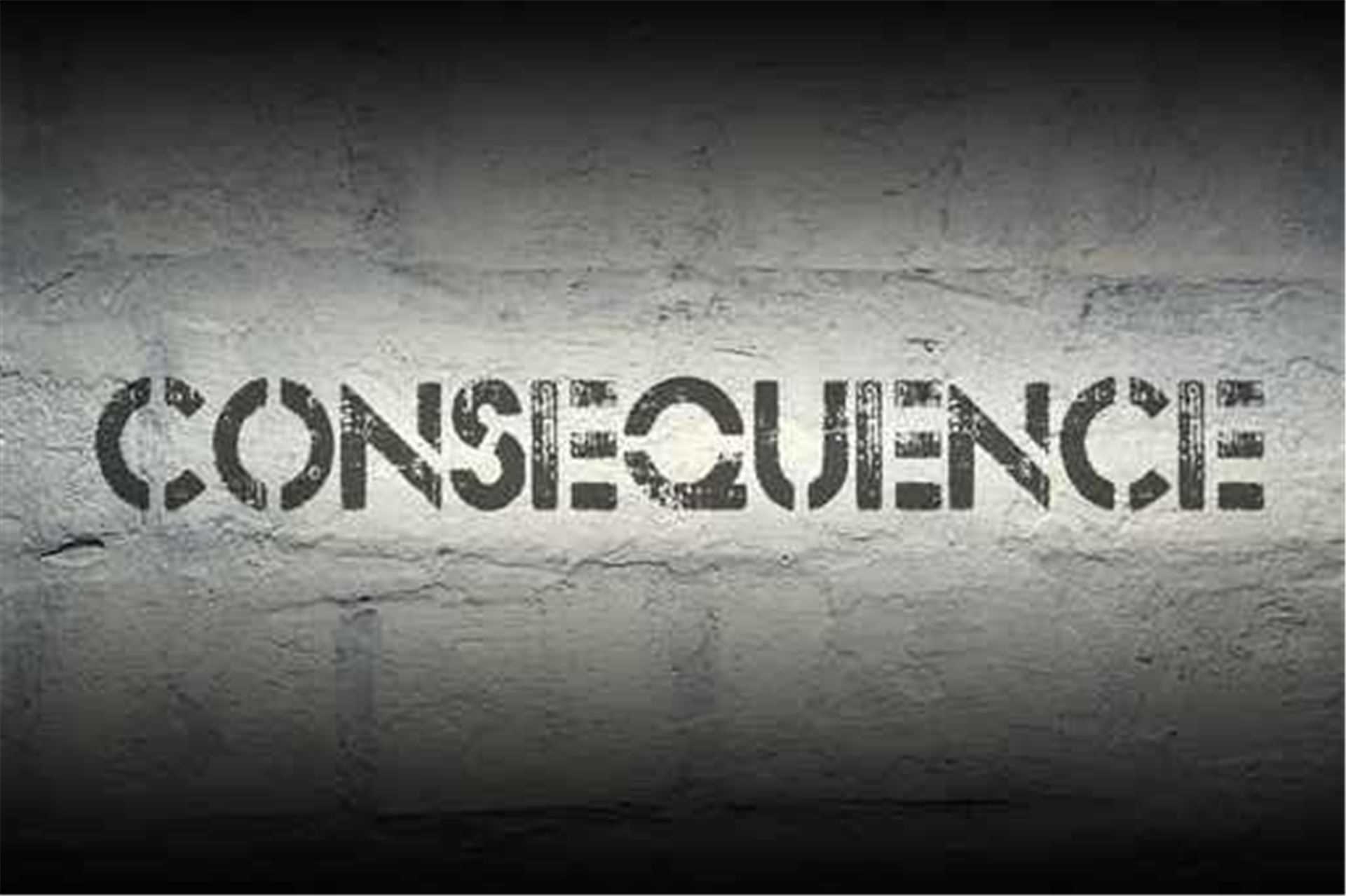
Conducting qualification checks on potential employees is crucial not only for businesses, but also for the people they serve. This is according to Ina van der Merwe, Director and CEO of South African background screening market leader, Managed Integrity Evaluation (MIE).
MIE works with the Southern African Fraud Prevention Service (SAFPS) to combat fraud by populating their database of individuals who have committed a relevant offence - primarily those who have committed qualification fraud. This information is shared with member organisations and - in turn - offers South African businesses a means to protect themselves. In 2014 and 2015 (January - August), MIE has listed 3389 people to the database.
“In addition to businesses possibly having to incur costs and risks, should the employee omit or supply untruthful or incorrect information, not carrying out qualification checks could have repercussions for the health and wealth of members of the public,” says van der Merwe.
The South African Nursing Council (SANC), which is entrusted to set and maintain standards of nursing education and practice in South Africa, requires that all nurses in the country re-register annually. MIE verifies that nurses are registered with SANC and has conducted 9 780 authentications to date. “If a nurse is not qualified, not only does it put the institution for which they work at risk, but more importantly the patients in their care,” shares van der Merwe.
Within the South African Insurance services industry, candidates need to be qualified and Financial Advisory and Intermediary Services (FAIS) Act compliant in order to offer advice on and sell various products and services to the public. In addition to conducting checks on candidates to establish DoFA (Date of First Appointment) and regulatory exams, MIE ascertains whether or not candidates are FAIS compliant. Van der Merwe states, “Having unqualified people selling insurance products and providing advice can have major financial implications for both businesses and their customers. An example of this would be the sale of a pension fund. If this money is not advised upon and managed by an expert, retirees could risk not having enough - or any - money to live off when they stop working. The company which hired the unqualified employee would also be held liable for this and may therefore be responsible for additional legal and pay-out costs.”
“As a candidate’s FAIS compliance status can also change at any time and for any reason, we urge companies to regularly check their credentials,” she warns. Since 2014, MIE has checked over 30 000 people for FAIS compliancy.
“South African businesses and the South African public deserve to have peace of mind knowing that a high calibre individual has been appointed with qualifications relevant to the position which they fill,” van der Merwe concludes.





















